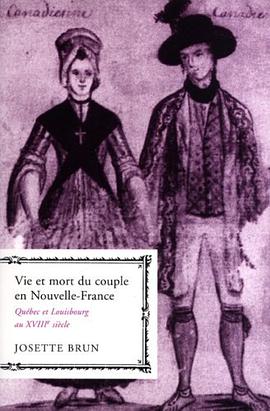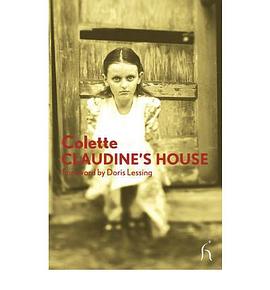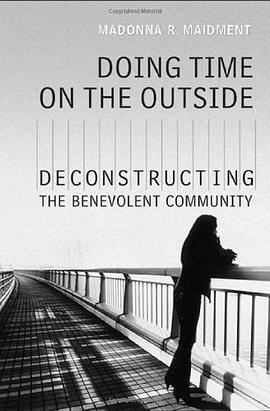

具体描述
Popular belief and a particular conception of colonial history holds that women in New France had more opportunity to act in society. Josette Brun's analysis of married life and widowhood in eighteenth-century Quebec City and Louisbourg reveals another reality. Brun considers the division of rights and responsibilities between spouses, issues of morality and succession surrounding second marriages, strategies of economic survival, family support systems, and aid policies toward widowed individuals. She argues that husbands were 'lords and masters' at home, a position legitimized by the state and the law, and officially assumed responsibility for dealing with succession and work.Following the death of their husbands, widows exploited a range of possible female roles, their professional experience, or a generous dower - assuming responsibility alone or with the help of their sons, sons-in-law, or nephews. Widowed men, on the other hand, who were parents of young children and limited by the rules of masculinity, remarried or sought assistance from their servants, mothers, sisters, or female friends. In "Vie et mort du couple en Nouvelle-France", Brun locates the weeping widow, an object of compassion, at the heart of a power struggle between colonial and royal authorities.
作者简介
目录信息
读后感
评分
评分
评分
评分
用户评价
相关图书
本站所有内容均为互联网搜索引擎提供的公开搜索信息,本站不存储任何数据与内容,任何内容与数据均与本站无关,如有需要请联系相关搜索引擎包括但不限于百度,google,bing,sogou 等
© 2026 book.wenda123.org All Rights Reserved. 图书目录大全 版权所有




















